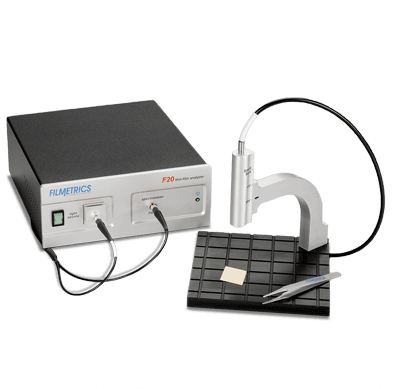SCS Blog
Recent SCS Blogs
Military Conformal Coatings: Acrylic vs Urethane vs Parylene
Conformal Coatings for Military Electronics Military electronics need to operate without fail under conditions of extreme duress. The role of conformal coatings — acrylic, urethane, and Parylene — as protective insulators of the printed circuit board (PCB) assemblies that guide automated military systems is well-documented and continually under review to develop enhanced performance parameters. This... Read More >>
Parylene Masking Revealed
Whether the application is a medical device, a printed circuit board (PCB), or a light-emitting diode (LED), a Parylene conformal coating is beneficial for providing protection to the component. Sometimes, however, the product also has to be protected from the Parylene conformal coating. The Parylene masking process serves to protect designated areas of a component... Read More >>
How to Choose Parylene Thickness: Thin vs Thick Films
Implications of Parylene Coating Thickness Parylenes offer high purity and they eliminate hazardous waste due to the vapor deposition process that does not make use of solvents and catalysts [1]. Their low dielectric coefficients, excellent adhesion to various surfaces and conformal coating properties make them a key polymer in multiple applications. Thickness changes in the... Read More >>

Cost of Parylene Dimer
Perhaps the most reliable of the conformal coatings, the cost of applying Parylene coatings (poly para-xylylene) varies depending on labor requirements (e.g., cleaning, masking, application, demasking, inspection, etc.), raw material costs and batch size (number of parts to be coated at one time). Parylene CVD and Dimer Requirements The Parylene chemical vapor deposition (CVD) process... Read More >>
How to Setup a Conformal Coating Spray Operation
Spray coating involves applying conformal coating directly onto the printed circuit board (PCB) by spraying. This method is usually done manually in a spray booth or via aerosol, but it can also be automated or robotic for specific coating tasks. PCBs are safeguarded by spraying liquid conformal coatings like acrylic, epoxy, silicone, and urethane onto... Read More >>
Rugged Electronics and Conformal Coating
With a rise in global military presence and our reliance on electronics for vital operations, it comes as no shock that the defense, automotive and electronics industries are shifting towards ruggedized electronics. Projections indicate the market could hit approximately $1.5 billion by the close of 2026. What are Ruggedized Electronics? While many electronics tout their... Read More >>
4 Aerospace Applications of Parylene
Superior to liquid coatings like acrylic, epoxy, silicone and urethane, Parylene conformal films offer unparalleled protection for aerospace printed circuit boards (PCBs) and related electronic assemblies. Their complete encapsulation conforms entirely to all device surfaces – flat, round, creviced or edged, while adding almost no weight to the covered device. These properties are largely the... Read More >>

What do I need for a Parylene Coating Quote?
Parylene (XY) has rightfully earned its reputation as the most versatile and dependable among the primary conformal coating materials available. However, unlike liquid coatings –resins of acrylic, epoxy, silicone and urethane – Parylene cannot be applied via relatively economical brush, dip or spray methods. XY can be the most expensive of the major conformal coatings... Read More >>
Parylene: Protecting MEMS in the Military
Offering sensitivity and performance in a compact package, microelectromechanical systems (MEMS) have become increasingly prevalent in defense applications over the last decade and are enabling significant technological advances. As with all things defense-related, robust protection of these sensitive electronics is imperative to ensure that they can withstand the harsh conditions often found on the battlefield.... Read More >>
Is Parylene a Conformal Coating?
If you have been told that Parylene is not a conformal coating because it is not applied in liquid form, that is a misconception. Parylene has consistently established itself as the ultimate conformal coating for a variety of reasons, including: Parylene’s relative superiority is largely based on its unique application method. Parylene Chemical Vapor Deposition... Read More >>

